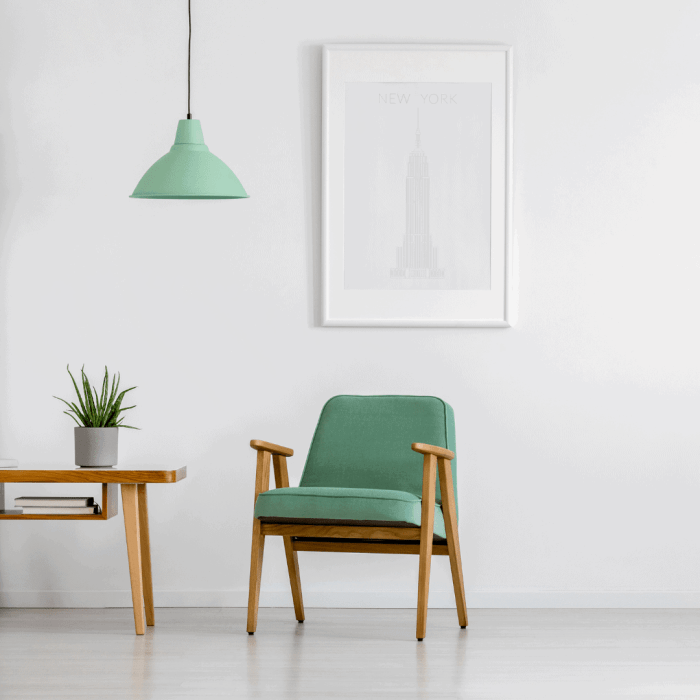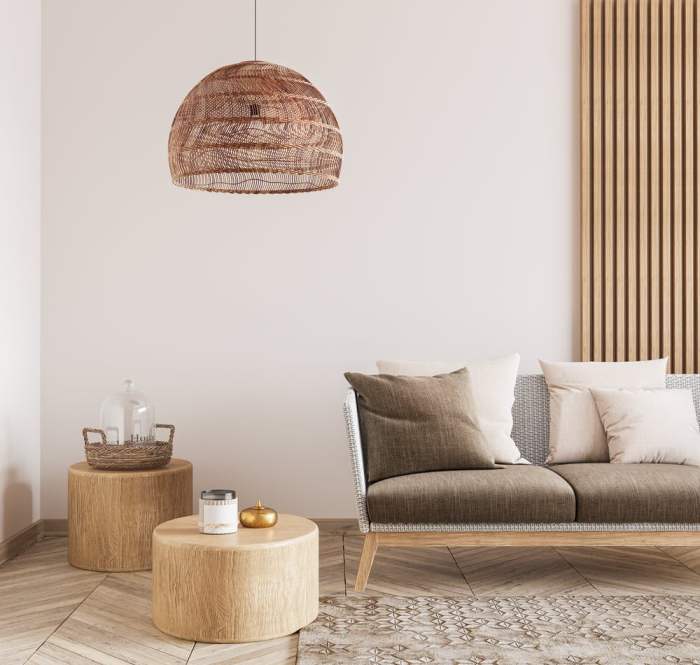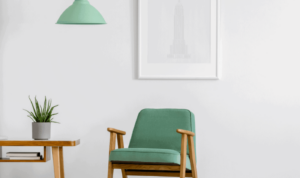Minimalist Lifestyle Tips sets the stage for this enthralling narrative, offering readers a glimpse into a story that is rich in detail with american high school hip style and brimming with originality from the outset.
Imagine a life free from clutter and excess, where simplicity reigns supreme. This is the essence of minimalism, a lifestyle choice that emphasizes quality over quantity, leading to a more intentional and meaningful way of living. From decluttering techniques to sustainable practices, Minimalist Lifestyle Tips will guide you on the path to a more streamlined and fulfilling existence.
Benefits of Minimalist Lifestyle
Living a minimalist lifestyle can have numerous benefits that positively impact both your physical and mental well-being. By simplifying your surroundings and reducing clutter, you can experience a significant decrease in stress levels and an increase in overall productivity.
Reduced Stress Levels
Embracing minimalism allows you to declutter your living space, creating a more serene environment that promotes relaxation. With fewer material possessions to worry about, you can focus on what truly matters, leading to a decreased sense of overwhelm and anxiety.
Increased Productivity, Minimalist Lifestyle Tips
Minimalism encourages prioritizing essential tasks and belongings, eliminating distractions that often hinder productivity. By streamlining your daily routine and workspace, you can work more efficiently and achieve your goals with greater ease.
Improved Mental Clarity and Focus
A minimalist lifestyle promotes intentional living and mindfulness, helping you cultivate a clear and focused mindset. By removing unnecessary distractions and noise, you can enhance your ability to concentrate on important tasks and make thoughtful decisions.
Decluttering Techniques

Decluttering your living space is essential for maintaining a minimalist lifestyle. By getting rid of unnecessary items, you can create a more organized and peaceful environment. Here are some effective methods for decluttering and organizing your belongings in a minimalist way.
Effective Decluttering Methods
- Start small: Begin with one area or category at a time to avoid feeling overwhelmed.
- Use the KonMari method: Sort items by category and keep only those that spark joy.
- Set a timer: Dedicate a specific amount of time each day to decluttering to avoid burnout.
- Donate or sell items: Instead of throwing things away, consider giving them to someone in need or selling them for extra cash.
Organizing Belongings in a Minimalist Way
- Invest in storage solutions: Utilize bins, baskets, and shelves to keep your belongings organized and easily accessible.
- Follow the “one in, one out” rule: For every new item you bring into your home, get rid of one item to maintain a clutter-free space.
- Create designated spaces: Assign specific areas for different categories of items to prevent clutter from building up.
Letting Go of Sentimental Items
- Take photos: Preserve memories by taking photos of sentimental items before letting them go.
- Focus on the present: Remind yourself that holding onto physical objects does not change the memories associated with them.
- Donate to someone who will appreciate them: Passing on sentimental items to someone who will cherish them can make it easier to part with them.
Minimalist Home Design: Minimalist Lifestyle Tips
Minimalist home design focuses on simplicity, functionality, and clean lines. The key principles include decluttering, using neutral colors, incorporating natural light, and choosing furniture with simple, sleek designs.
Minimalist Furniture and Decor Examples
- Minimalist Sofa: A sleek, low-profile sofa in a neutral color like white or grey.
- Simple Coffee Table: A minimalist coffee table with clean lines and no unnecessary ornamentation.
- Neutral Bed Frame: A platform bed frame with minimalistic design and no bulky headboard.
- Functional Storage: Utilize hidden storage solutions like wall-mounted shelves or built-in cabinets to keep clutter out of sight.
Creating a Minimalist Aesthetic in Different Rooms
Living Room:
- Choose a neutral color palette for walls, furniture, and decor.
- Keep furniture to a minimum and focus on quality pieces with simple designs.
- Add a pop of color or texture with a statement piece like an accent chair or area rug.
Bedroom:
- Opt for a platform bed with clean lines and minimalistic bedding.
- Use bedside tables with sleek designs and limited accessories.
- Keep the room clutter-free by utilizing storage solutions like under-bed drawers or wall-mounted shelves.
Kitchen:
- Choose cabinets with flat fronts and minimal hardware for a streamlined look.
- Keep countertops clear of clutter and only display essential items.
- Incorporate open shelving for easy access to dishes and cooking supplies.
Sustainable Practices in Minimalism

Incorporating sustainable practices into a minimalist lifestyle is essential for reducing our impact on the environment and living more consciously. By embracing sustainability, we can not only declutter our lives but also contribute to a healthier planet for future generations.
Reducing Waste and Embracing Sustainable Consumption
- Avoid single-use items: Opt for reusable alternatives such as stainless steel water bottles, cloth shopping bags, and glass containers.
- Buy quality over quantity: Invest in durable products that are built to last, reducing the need for frequent replacements.
- Practice mindful shopping: Before making a purchase, consider if it aligns with your values and if you truly need the item.
- Repurpose and recycle: Instead of throwing away items, find creative ways to repurpose or recycle them to extend their lifespan.
Environmental Benefits of Minimalist Living
- Reduced carbon footprint: By consuming less and decluttering our spaces, we decrease the demand for new products and minimize greenhouse gas emissions.
- Conservation of resources: Minimalism promotes the efficient use of resources and discourages wasteful consumption, helping to preserve natural habitats and ecosystems.
- Less energy consumption: With fewer possessions, minimalists tend to use less energy for production, transportation, and storage of goods, leading to lower energy consumption overall.

